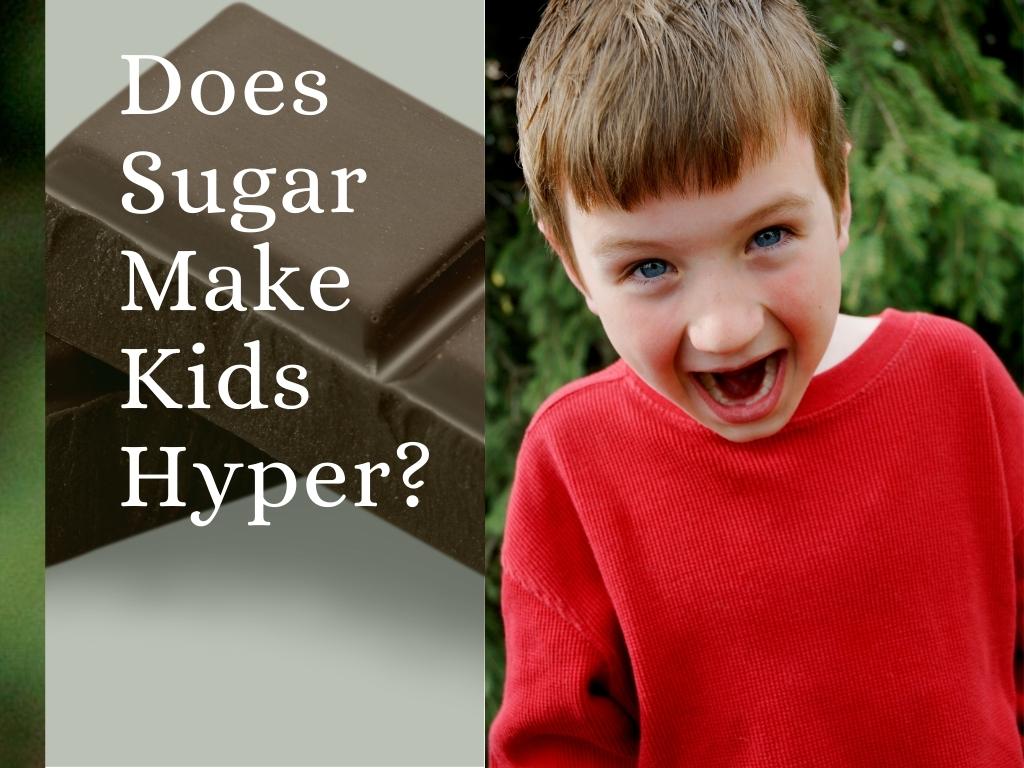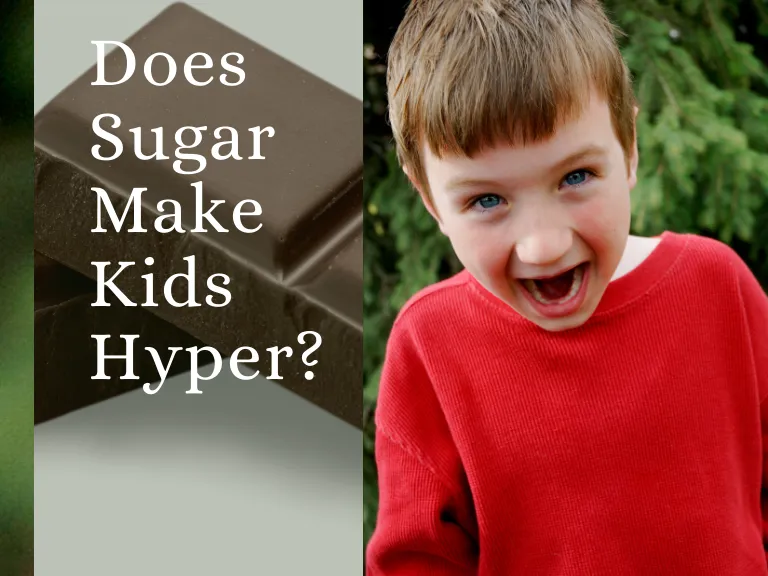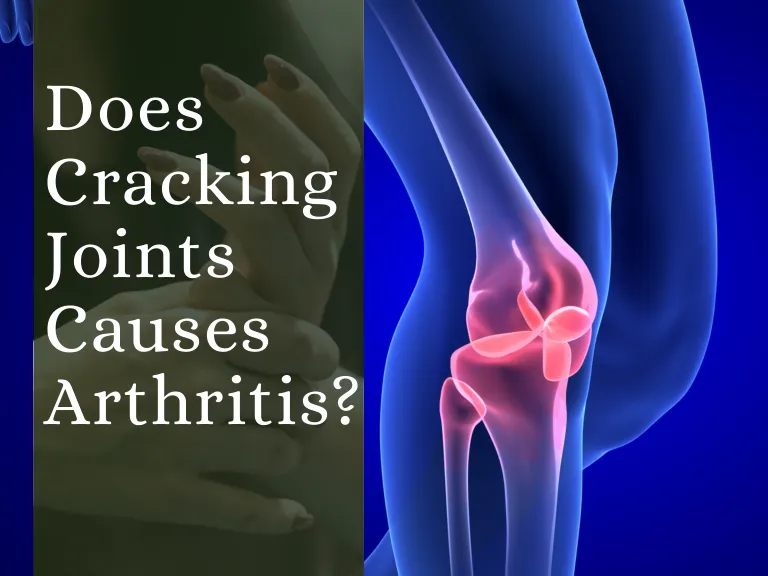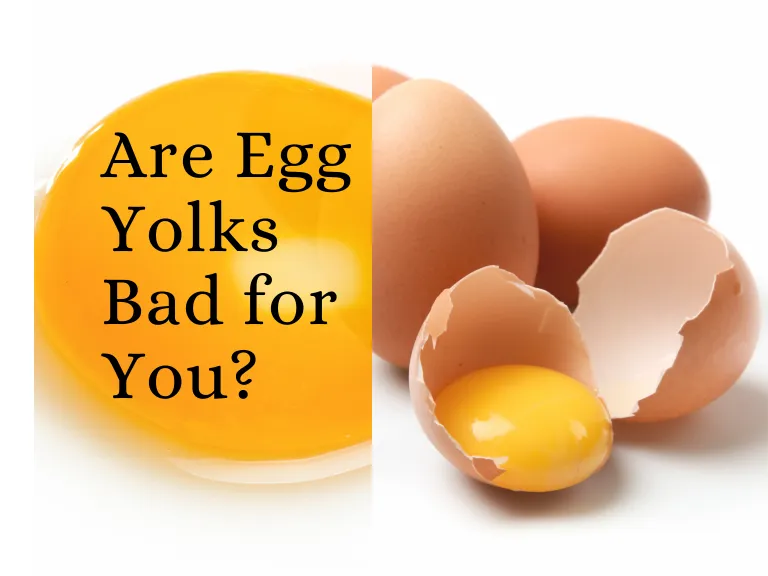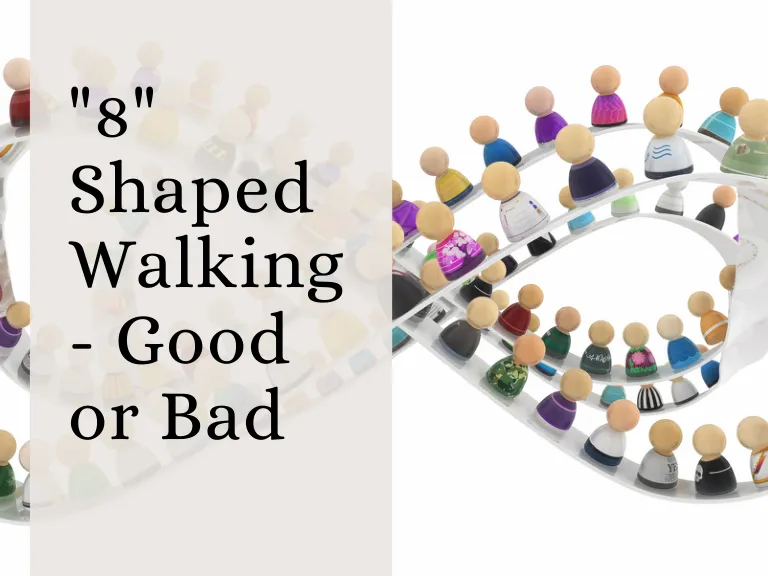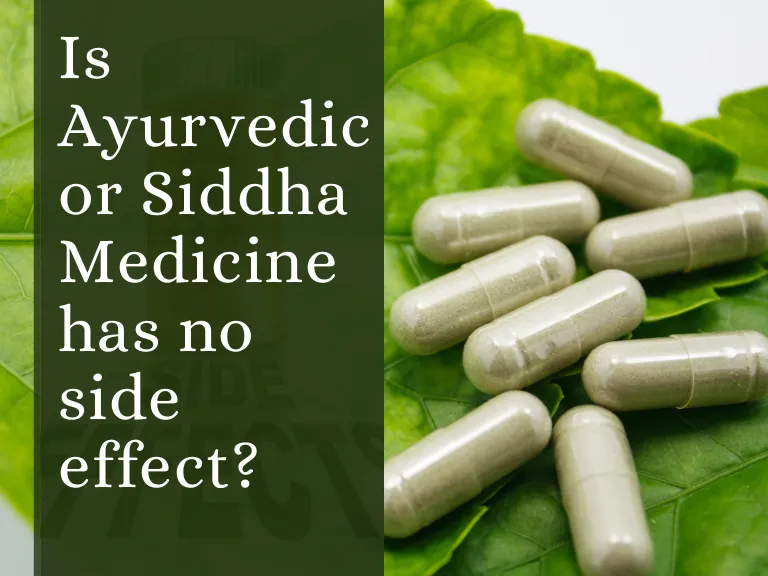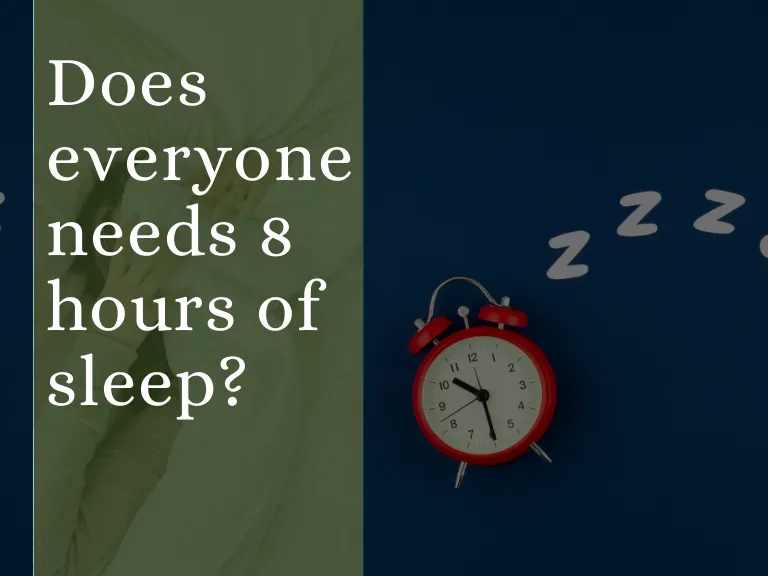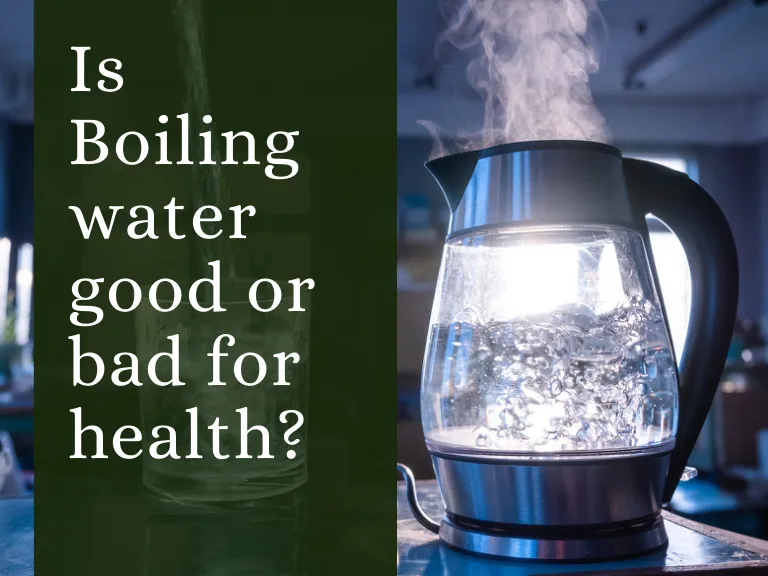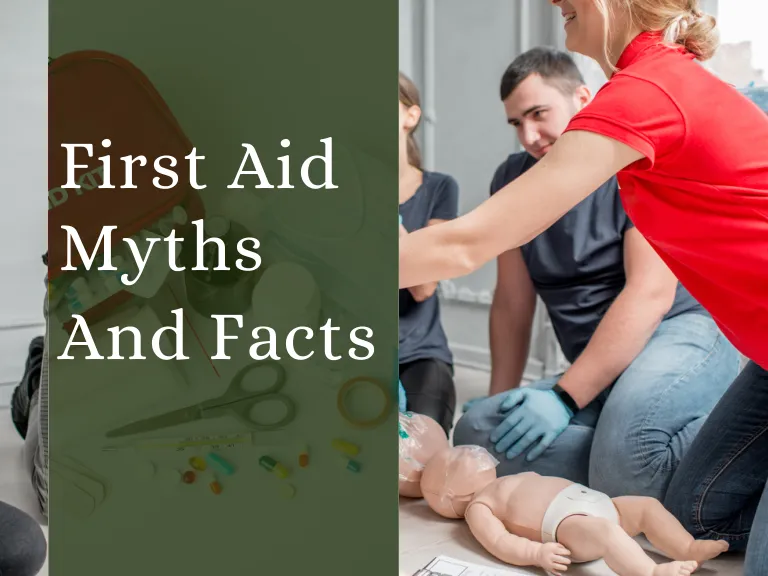Sugar and Hyperactivity in Kids:
Myth
vs Fact
The
idea that sugar makes kids hyperactive is a widespread belief, but it's
actually a myth. Extensive research has shown no convincing evidence that
sugar directly causes hyperactivity in the majority of children. Let's
delve into the details:
Myth: A single study
from the 1970s, which observed one child's behavior change with dietary sugar
restriction, fueled the initial belief. However, subsequent studies haven't
replicated these findings on a larger scale.Fact: Multiple
well-designed studies involving hundreds of children haven't found a link
between sugar intake and hyperactivity. These studies controlled for
factors like sleep, environment, and baseline behavior, minimizing bias.
Why
the Confusion Persists:
Placebo Effect: Parents expecting hyperactivity
after sugary treats might unconsciously interpret their child's normal
behaviour as hyperactive.Individual Sensitivity: While rare, some children
with diagnosed ADHD might show increased impulsivity after sugar intake.
Factors
Affecting Children's Activity:
Sleep Deprivation: Lack of sleep is a significant
contributor to hyperactivity in children, often mistaken for
sugar-induced.Excitement and Context: Birthday parties with
sugary treats and exciting activities naturally lead to higher energy
levels, not directly caused by sugar.Individual Differences: Children have varying
energy levels and temperaments, independent of sugar intake.
Key
Takeaways:
Sugar doesn't directly cause
hyperactivity in most children.Focus on overall dietary balance
and healthy habits.If concerned, consult a
pediatrician about individual sensitivities.
 Nalamaree Team
Nalamaree Team

